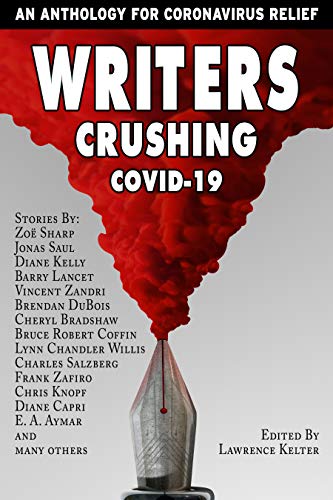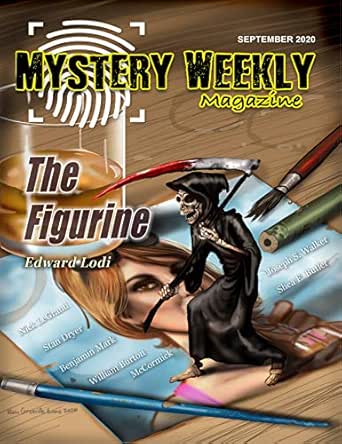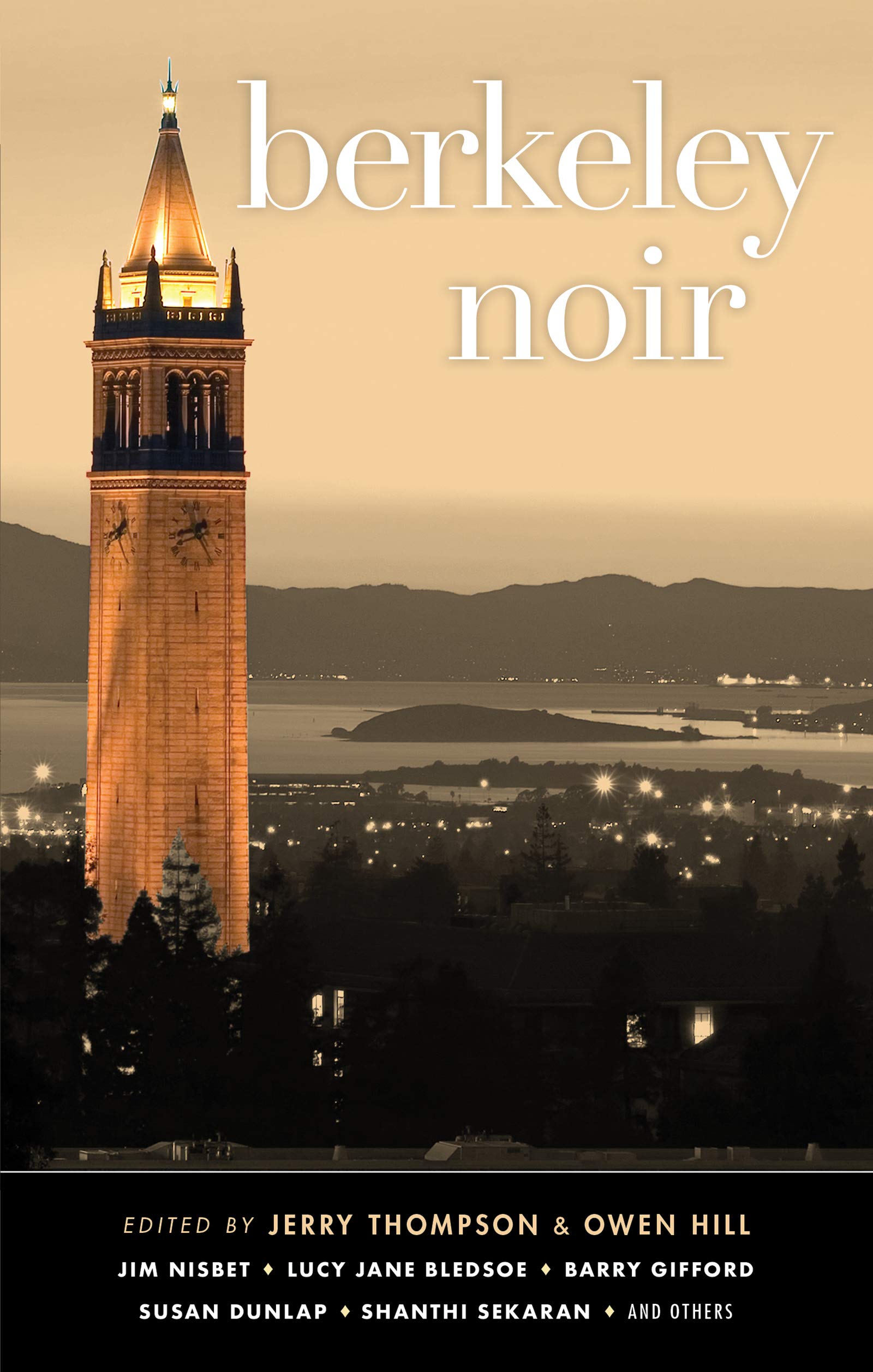"Death of Another Hero," by Susan Daly, in Ellen Hart Presets: Malice Domestic 15: Murder Most Theatrical, edited by Verona Rose, Rita Owen, and Shawn Reilly Simmons, Wildside Press, 2020.
This is the second appearance in this space by Susan Daly.
Once upon a time a local theatre group did a new version of Much Ado About Nothing to celebrate the town's hundredth anniversary. Twenty-five years later they decide to do it again. Some of the people involved have gone on to fame, none greater than Gary Mortimer, now a slowly fading star named Gareth Caulfield.
But whatever you call him, he is an unpleasant person, and someone is after revenge. The question is: what kind?
The problem with an anthology with this narrow a focus is that a lot of the stories tend to resemble each other. (Deaths on stage; ambitious understudies...) Daly manages to break the pattern in interesting ways. And the title is very clever indeed.



















